The Xiaomi Mi Power Bank 3 Pro is Xiaomi’s third-generation power bank. It supports two USB-A and one bi-directional USB Type-C fast charging protocol. Let’s begin dismantling it to see its internal structure.
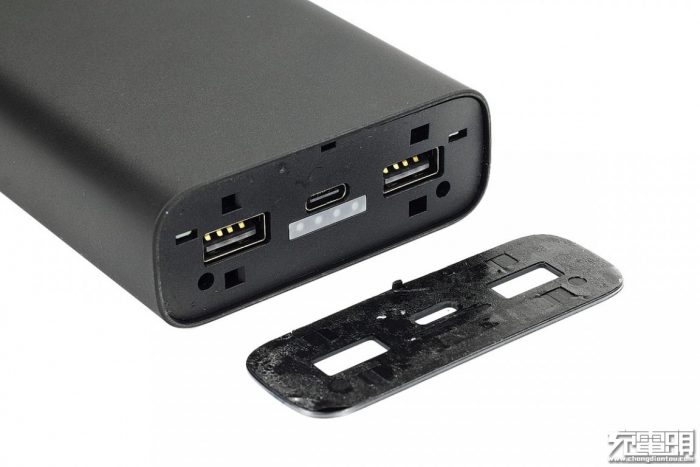
First, use an insulated pry to remove the plastic faceplate of the output end. The double-sided tape can be found on the back of the cover.

Now, remove the blocking plate at the bottom. The plate also uses double tape. With the plate removed, four screws that secure the blocking plate to the bottom can be seen. Remove the screws.

Once the screws are removed, the whole unit can slide out of the channel chassis. At present, most chargers adopt this design. There are four indicators that show battery power.

This is the internal middle frame. A graphite ticker is on the left.

Look at the other side of the middle frame. There are three graphite stickers.

Uncover the sticker, and the PCBA unfolds. The luminous transparent module is universally called a light pipe. This component works with the LED indicator.

Two screws are placed under the graphite sticker.

The internal middle frame consists of two parts: the top faceplate and the bottom faceplate.
The middle frame consists of a roller cage. With other small components, this frame is more stable and shock-resistant. When deciding where to locate the PCAB, the designer considers the circuit layout.

The middle frame is made of PC and ABS.

The battery resides in the middle frame by the black sponge tape. The battery specifications are as follows: its model number is PLM07ZM, its rated voltage is 7.4V, its limited charging voltage is 8.7V, and its manufacturer is ZMI.

Separate the battery from the middle frame. We can see some information on the other side of the battery.

The cell is provided by ATL. The ATL lithium polymer pack is made of two cells in parallel.

The NTC pack thermistor is provided for the thermal protection of the battery pack.

The PCB comes with two electrical inductors.

It’s the back of the PCBA. The big inductor is manufactured by CETC.

The module labeled with FT4yJA is the Fitipower FP6601Q- a fast charge protocol controller for Hisilicon Fast Charging Protocol(FCP) and Qualcomm Quick Charge 2.0/3.0 USB interface.
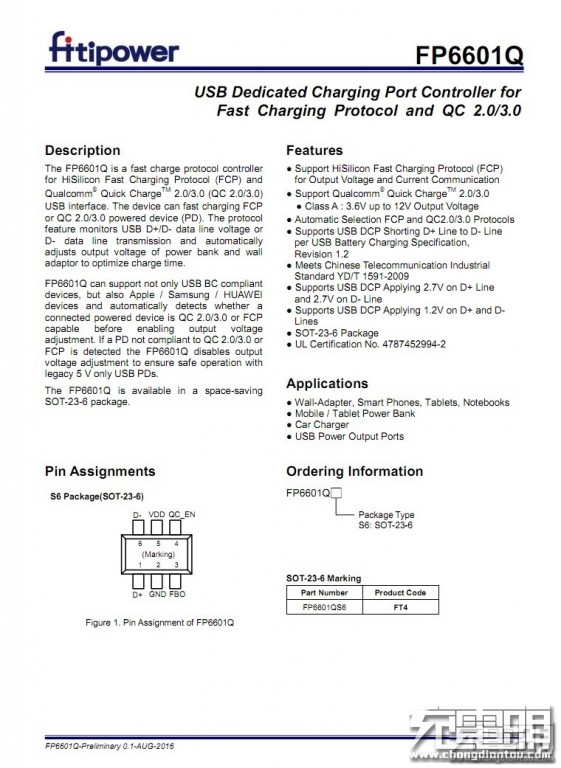
It’s the information on the FP6601Q.

This is the USB-C controller that supports the USB PD handshake. The module labeled with 27X is the SGM7227 switch from SG Micro Corporation. It is compatible with high-speed USB 2.0.

The module labeled with 3HB5 is the battery protection IC.

The 8205S is the output switch. Its circuit board adopts multiple processes, which are good for its heat dissipation.

It’s Vanguard’s VS 3618AP switch.

This is the USB-A port.

It’s the front of the PCBA.

This is the TR5611 SCM.

Joulwatt JW3651 converter is responsible for the fast charging output of USB-A ports. It is an integrated four-switch buck-boost converter.

Intersil’s ISL9238 is a buck-boost Narrow Voltage DC(NVDC) charger.
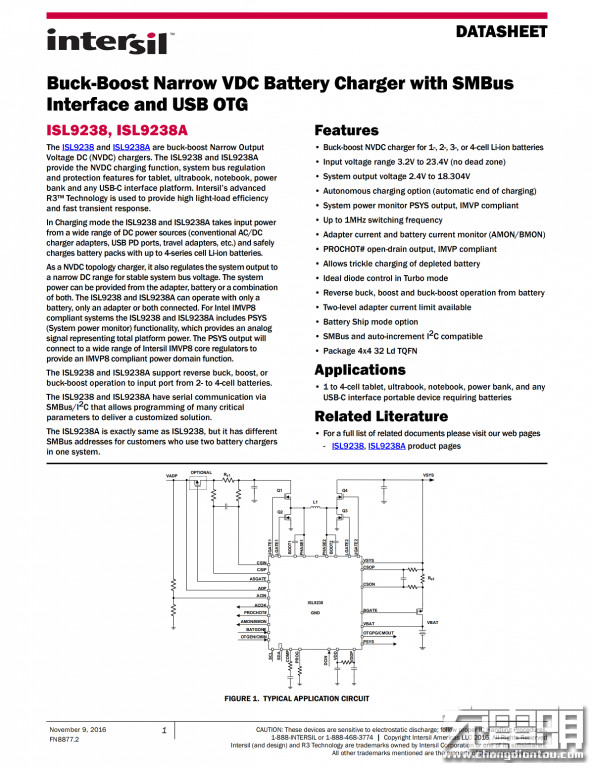
In Charging mode, the ISL9238 takes input power from a wide range of DC power sources (conventional AC/DC charger adapters, USB PD ports, travel adapters, etc.). It safely charges battery packs with up to 4-series cell Li-ion batteries. It provides NVDC charging, system bus regulation, and protection features for tablets, Ultrabooks, notebooks, power banks, and any USB-C interface platform.
These are all the components of the Xiaomi Mi Power Bank 3 Pro.
Summary
We find that the Mi Power Bank 3 Pro version has made many breakthroughs in its circuit. For instance, it features Renesas ISL9238 and Joulwatt JW3651 buck-boost chips. Besides, the charger adopts a TI BQ29200 battery voltage equalization chip. In general, the Xiaomi Mi Power Bank 3 Pro has excellent workmanship and adopts high-quality materials. One of the charger’s highlights is that its middle frame applies multiple roll cages.


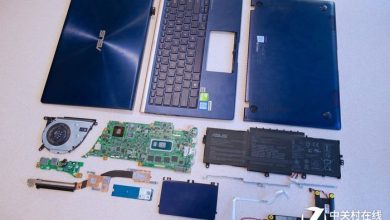
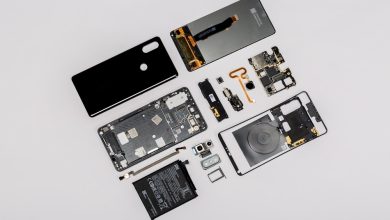
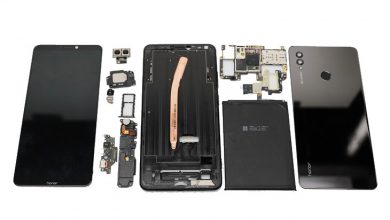
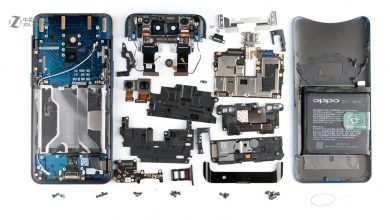
Xiaomi’s 20000mAh, 45W output Mi Powerbank 3 Pro teardown shows the internals l am mi power bank 20000ah
My XIAOMI 20000 Gen 3 power bank type C PD port is not working. Can I replace that specific port, or do you know where I can replace the whole circuit board, or at least the name of the circuit board, so I can do something rather than nothing? Help me; it’s new, and I haven’t used it much.
My Xiaomi 20000 power bank Pro 3 is also unable to charge my laptop. I tried it on 2 USB-C laptops. I want to know which parts of the tear-down above should I look at in order to confirm what is wrong or what can be repaired.
Hi. By any chance, do you know what the SX81E in the following picture is? I accidentally destroyed it and can’t find anything related to it.
https://www.myfixguide.com/wp-content/uploads/2019/02/Xiaomi-Mi-Power-Bank-3-Pro-Teardown-21.jpeg
SX8IE is the power supply IC.